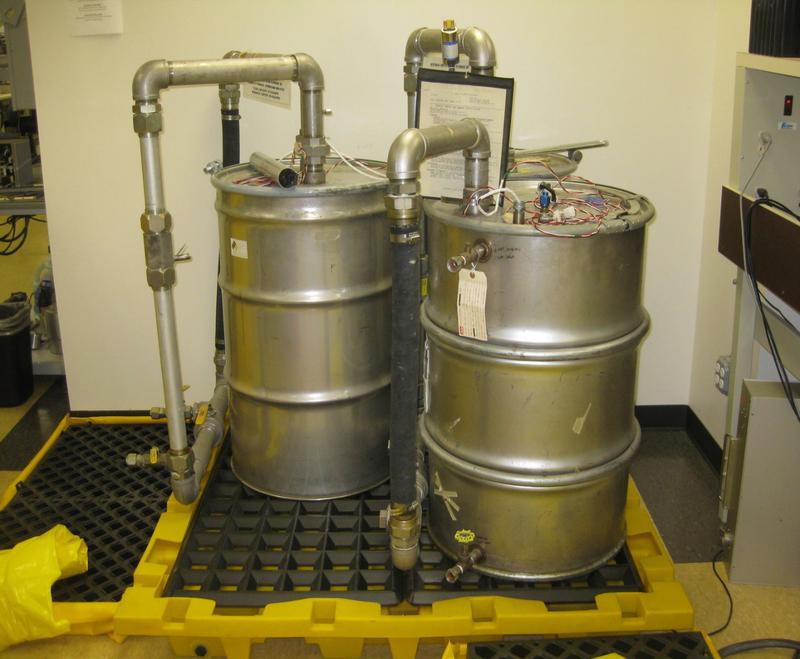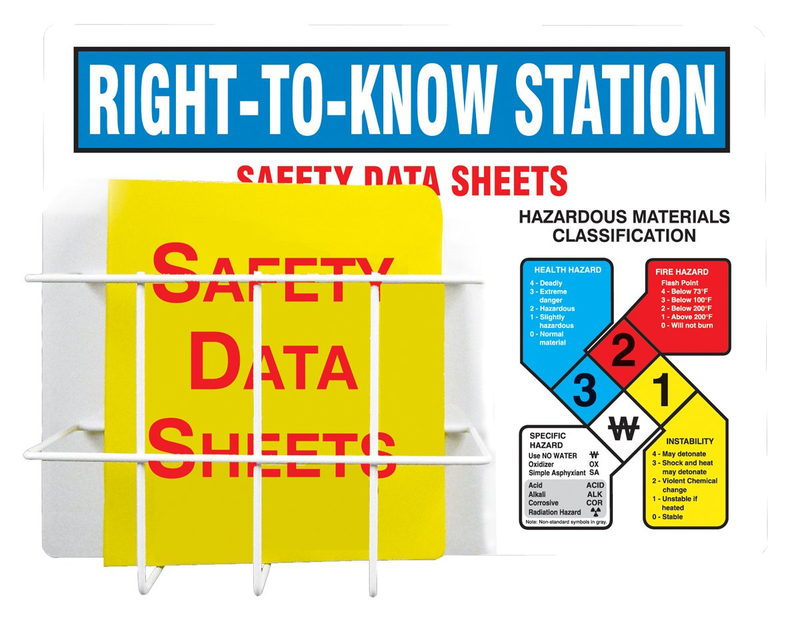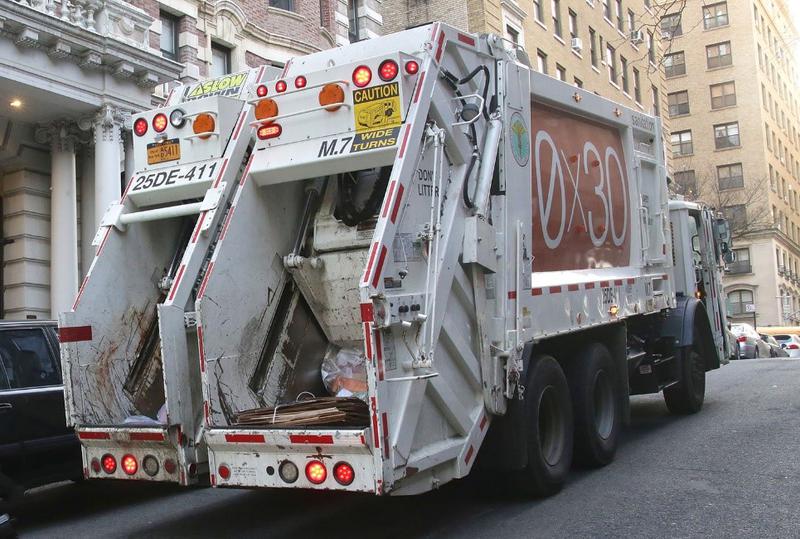
10 Things your Company Can Do to Participate in Earth Day
Put motion detectors on lights.Set computers to power down if no one is there to use them.Larger companies can invest in fleet vehicles that are energy efficient.Work sites should dispose of waste material in an environmentally responsible manner. Limit the use...

New York City Benchmarking and Energy Efficiency Grading Due May 1st
Benchmarking and Energy Efficiency Grading (Benchmarking) is a tool that The City of New York (City) introduced as part of an initiative to make buildings operate more efficiently. The City standardizes this process by utilizing the United States Environmental...

Does Your Facility Need to Submit a Risk Management Plan?
The overarching mission of New York City's (NYC) Community Right to Know Law is to protect the general public, emergency response personnel, and private and public properties from exposure to hazardous substances that result from fires, spills, or accidental releases,...

EPA Publishes Advance Notice of Proposed Rulemaking for PFAS
The EPA recently released an advance notice for proposed rulemaking (ANPRM) for per- and polyfluoroalkyl substances (PFAS). The Agency is requesting public comment on the information and data presented in the ANPRM. Comments must be received on or before May 17, 2021....

New York Finalizes New Regulations Aiming to Streamline Large-Scale Renewable Projects
New York State’s new process for large-scale renewables siting and permitting, the Section 94-c process, has finally been issued by the Office of Renewable Energy Siting (ORES) and became effective on March 3, 2021. The draft regulations were issued on September 16,...

Did you Miss the Annual Right-to-Know Filing Deadline with the NYC DEP?
Was I Supposed to File a Tier II Annual Report for My Facility? The New York City Department of Environmental Protection (NYC DEP) Community Right-To-Know Law [Local Law 26 of 1988] requires all NYC businesses and facilities handling and storing hazardous substances...

Close Inspection of Assets such as Elevated Water Tanks, Reservoirs, and Facilities
Drones have an exceptional ability to get into hard to reach and tight locations easily. Whether it is the rooftop on a water treatment plant or the envelope of an elevated water tank, drones combined with high powered zoom lenses are able to quickly inspect issues...

DSNY New Proposed Public Safety Requirements in Commercial Waste Zones
The New York City Department of Sanitation (“DSNY” or “Department”) is in the process of establishing new Commercial Waste Zones throughout the City in order to address the increase of truck traffic, harmful environmental impacts, and insufficient attention to public...

Walden Welcomes Allison!
Allison Brundage is a Staff Engineer at Walden Environmental Engineering. Allison received her Bachelor’s degree in Environmental Engineering and a minor in Environmental Sustainability from the University of Delaware. Her favorite course in college was global...

OSHA Proposes HazCom Standard Changes
The Occupational Safety and Health Administration (OSHA) is proposing through the notice of proposed rule making (NPRM) to modify the Hazard Communication Standard (HCS) to align to the United Nations’ Globally Harmonized System (GHS). The goal of the modification is...
